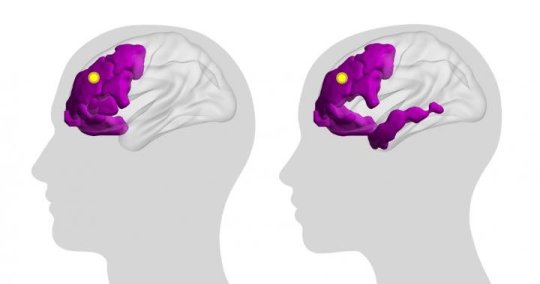A new study suggests that sunscreen protects the skin’s blood vessel function from harmful ultraviolet radiation (UVR) exposure by protecting dilation of the blood vessels. Perspiration on the skin may also provide protection to the skin’s blood vessels from sun damage. The findings will be presented today at the American Physiological Society’s (APS) annual meeting at Experimental Biology 2019 in Orlando, Fla. UVR from the sun has been well-documented as a contributing factor to skin cancer and premature skin aging. UVR has also been found to reduce nitric oxide-associated dilation…
Read MoreAuthor: Tom Patriot
More sleep may help teens with ADHD focus and organize
Teenagers with attention deficit hyperactivity disorder (ADHD) may benefit from more sleep to help them focus, plan and control their emotions. The findings — the first of their kind in young people with ADHD — will be presented today at the American Physiological Society’s (APS) annual meeting at Experimental Biology 2019 in Orlando, Fla. ADHD is one of the most common neurobehavioral disorders among children and adolescents. People with ADHD often have trouble with executive function, which are skills that contribute to being able to focus, pay attention and manage…
Read MoreThese amazing GATES are at an INSANE LEVEL!!
https://www.youtube.com/watch?v=wPy6kfro4YY
Read MoreExercise during pregnancy protects offspring from obesity
A new study found that offspring born to mice that exercised during pregnancy were less likely to gain weight after consuming a high-fat diet later in life. Although previous studies have shown that exercise by obese females benefits their offspring, this is the first research to demonstrate that the same is true when non-obese females exercise. “Based on our findings, we recommend that women — whether or not they are obese or have diabetes — exercise regularly during pregnancy because it benefits their children’s metabolic health,” said Jun Seok Son,…
Read MoreStudy illuminates the brain’s inner workings
Like instruments in an orchestra, different parts of the human brain work together to help us perform the functions of daily life, ranging from breathing and sleeping to reading, walking and learning. But which areas of the brain work in harmony to accomplish certain types of tasks? And how does this coordination vary from person to person? A new study that will be published on April 3 in Science Advancesexplores these questions. The research focuses on brain activity associated with nine cognitive systems within the brain, each consisting of a network…
Read More




